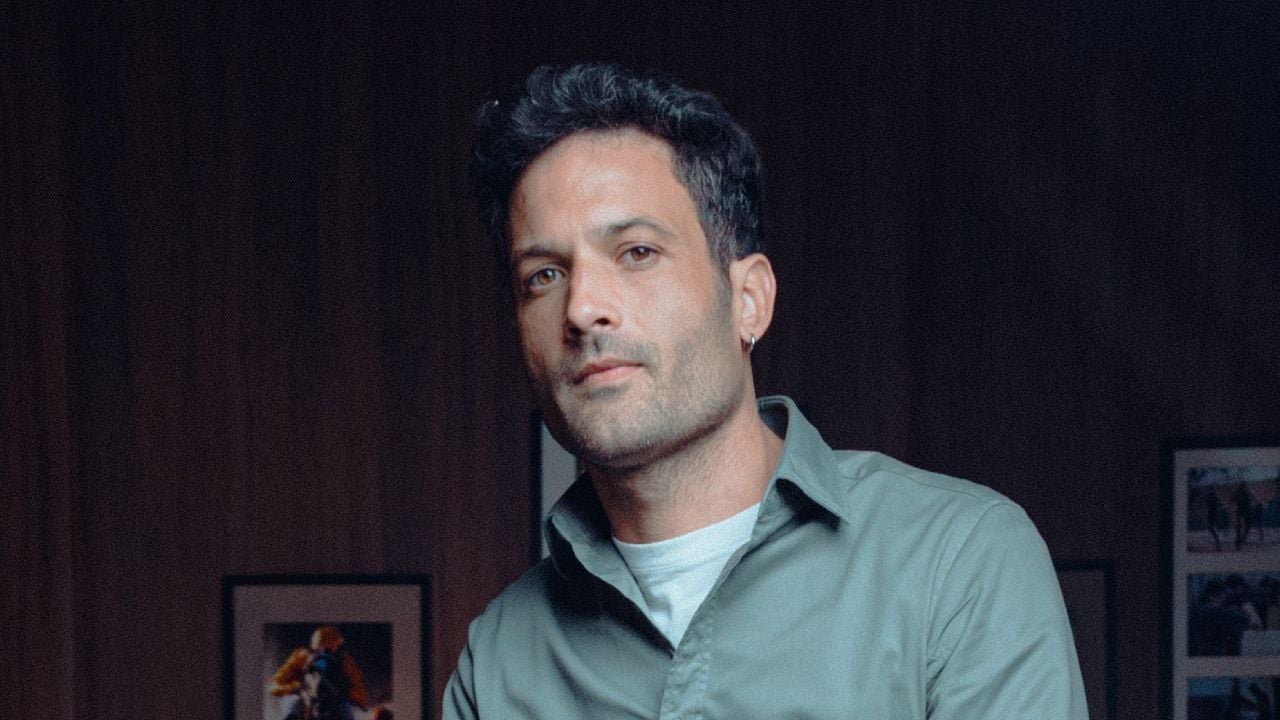The author of a children’s song, recorded by the presenter in the 1990s without due credit, will receive compensation
Court decision and compensation
The Court of São Paulo recognized the small farmer Cesar Borges Barbosa, 71 years old, from the interior of Rio de Janeiro, as the author of the children’s song “A Janelinha”, recorded by the presenter Eliana in her album “Eliana 1994”. EMB Produções, Eliana’s company, and Sony Music (BMG’s successor) were sentenced to pay the author compensation for material damages, yet to be quantified, in addition to R$8,000 for moral damages.
Barbosa thus proved that he composed the song as a child and recorded it in 1962 in the book “Música para Escola Elementar”. According to him, the work was recorded without permission, credit or compensation and remains commercially available on digital platforms today. After Eliana’s release, it was credited to “public domain”.
Family history and copyright defense
Barbosa is the son of composer Cacilda Borges Barbosa, who collaborated with Heitor Villa-Lobos and directed the Music Service of Rio de Janeiro. A resident of Valença and without internet access at home, Barbosa said he only recently discovered the recording and informed EMB Produções and Sony Music, but received no response.
“The defendants nevertheless benefited financially from the work, without any respect for copyright,” the breeder’s lawyers, Isabella Andrade, Ana Ponte and Viviane Oliveira, stated in the trial. Judge Isabela Costa underlined in the ruling that a work enters the public domain only 70 years after the author’s death, confirming Barbosa’s right to recognition of authorship.
Defense of the presenter and the record company
In its defense, EMB Produções claimed that Eliana was simply a performer, with no involvement in the album’s production or licensing, placing the responsibility on the record company. “It was the record company’s responsibility,” he said.
Sony Music, in turn, said it acted in good faith in releasing the song, claiming that royalties had been paid to a publisher who identified itself as the owner of the public domain adaptation of the work.
Source: Terra
Earl Johnson is a music writer at Gossipify, known for his in-depth analysis and unique perspective on the industry. A graduate of USC with a degree in Music, he brings years of experience and passion to his writing. He covers the latest releases and trends, always on the lookout for the next big thing in music.






